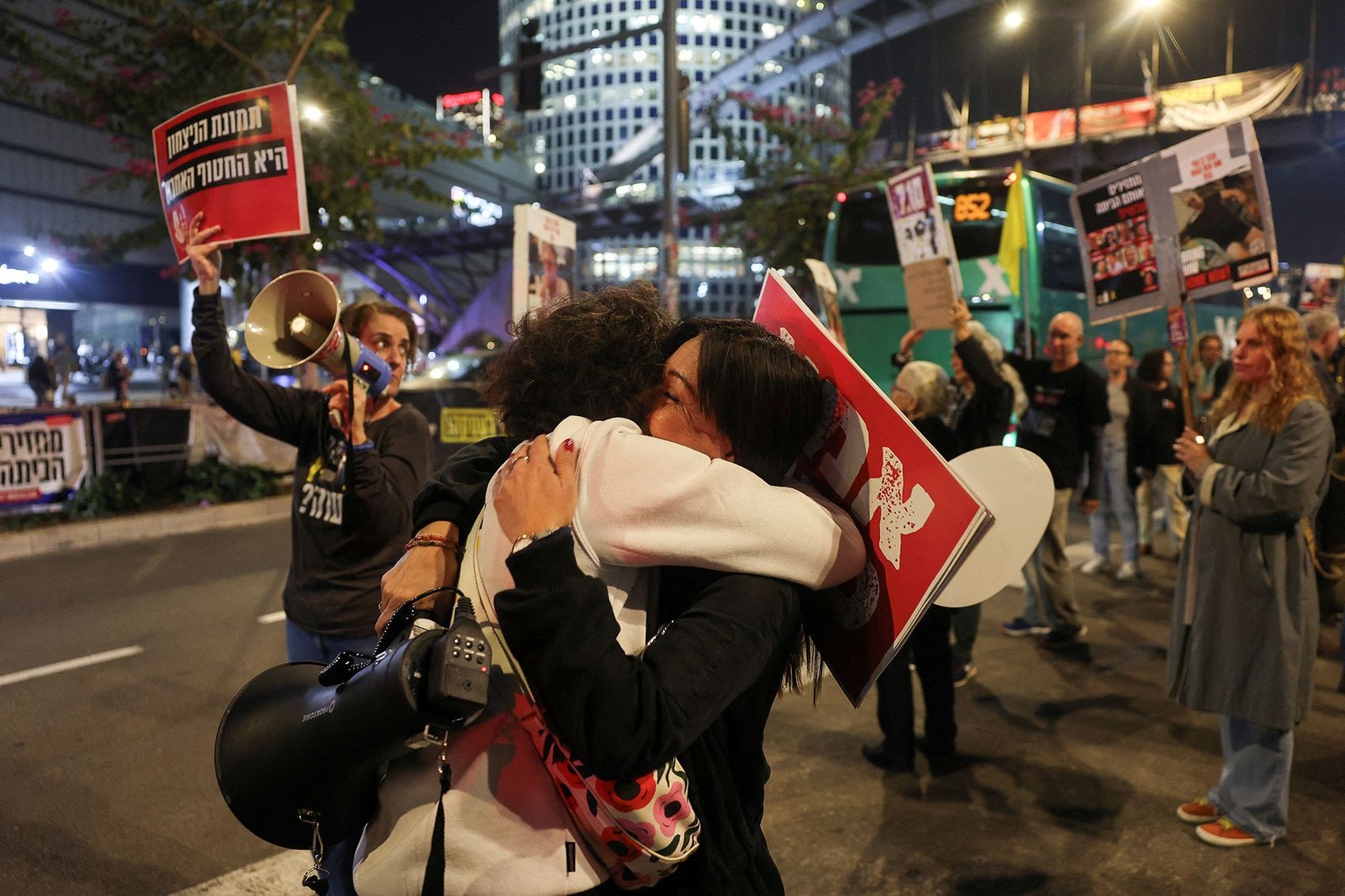IRAN: Tech giant Meta has expressed concerns that Iran might move to block access to WhatsApp following accusations broadcast by Iranian state media claiming that the messaging platform has been exploited by Israel for espionage activities. Meta, which owns WhatsApp, has denied the allegations, reiterating its commitment to user privacy and secure communication. The company highlighted that WhatsApp’s end-to-end encryption is designed to prevent unauthorized access and protect users’ messages from external threats, including government surveillance or third-party breaches.
The accusations have sparked fresh debate within Iran over the role of foreign messaging apps and the government’s ongoing efforts to control digital communication channels. In recent years, Iranian authorities have increased internet censorship, restricting access to several global platforms while promoting domestic alternatives. Experts note that a complete ban on WhatsApp could significantly disrupt how millions of Iranians communicate daily for both personal and business purposes.
Meta has urged Iranian officials to avoid restricting free access to communication tools, emphasizing that secure messaging is vital for personal privacy, business transactions, and the free flow of information. The tech company also warned that any move to block WhatsApp could further isolate Iranian users from global conversations and hinder digital economic activity that relies on stable and trusted messaging services.
International observers are closely watching the situation, noting that any government action against WhatsApp may trigger public backlash and further complicate Iran’s already tense relationship with international technology companies. Meta reaffirmed that it remains committed to engaging with stakeholders to address concerns and to maintain reliable access to its services for users in Iran and around the world.



